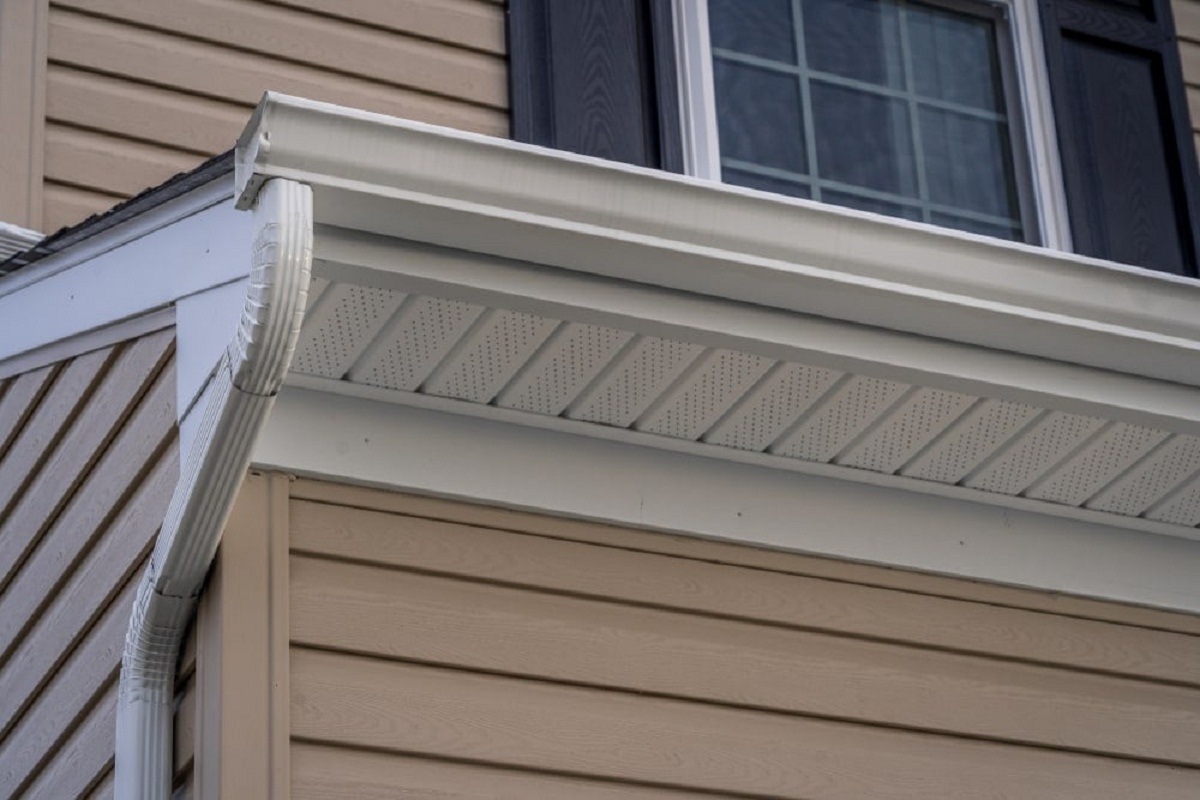

Articles
What Is Better Vinyl Or Aluminum Gutters?
Modified: January 18, 2024
Discover the pros and cons of vinyl and aluminum gutters with this informative article. Choose the better option for your home's gutter system.
(Many of the links in this article redirect to a specific reviewed product. Your purchase of these products through affiliate links helps to generate commission for Storables.com, at no extra cost. Learn more)
Introduction
When it comes to choosing the right gutters for your home, there are several options available, but two of the most popular choices are vinyl gutters and aluminum gutters. Both vinyl and aluminum gutters have their own set of benefits and drawbacks, and understanding these factors can help you make an informed decision.
Vinyl gutters, made from PVC (polyvinyl chloride), have gained popularity over the years due to their affordability and easy installation process. On the other hand, aluminum gutters, made from lightweight aluminum alloy, are known for their durability and ability to handle heavy rainfalls. In this article, we will explore the pros and cons of vinyl gutters versus aluminum gutters, as well as factors such as maintenance requirements, durability, cost, aesthetics, and their environmental impact.
By weighing these factors, you will be able to determine which type of gutter is best suited for your specific needs and preferences. Whether you are a homeowner looking to replace your existing gutters or a contractor searching for the right option for your projects, this article will provide valuable insights to make an informed decision.
Key Takeaways:
- When choosing between vinyl and aluminum gutters, consider factors such as affordability, durability, maintenance, and environmental impact. Each material has its unique benefits and limitations, so make an informed decision based on your specific needs and preferences.
- While vinyl gutters offer affordability and easy installation, aluminum gutters provide durability, customization options, and recyclability. Consider the long-term cost, aesthetic appeal, and environmental impact when selecting the best gutter system for your home.
Read more: What Paint To Use On Aluminum Gutters
Pros and Cons of Vinyl Gutters
Vinyl gutters have gained popularity among homeowners for several reasons. Here are some of the pros and cons of installing vinyl gutters:
- Affordability: One of the biggest advantages of vinyl gutters is their affordability. They are generally cheaper than other gutter materials like aluminum or stainless steel, making them a cost-effective option for homeowners on a budget.
- Easy Installation: Vinyl gutters are lightweight and can be easily installed by homeowners or contractors. They often come in pre-cut lengths, which further simplifies the installation process. This can save you time and money on professional installation costs.
- Corrosion Resistance: Unlike metal gutters, vinyl gutters are not prone to rust or corrosion. They are made from PVC, which is a durable material that can withstand extreme weather conditions without deteriorating.
- No Painting Required: Vinyl gutters are available in a variety of colors, and they retain their color over time. This means you don’t have to worry about repainting them to maintain their appearance.
- Minimal Maintenance: Vinyl gutters are relatively low maintenance. They don’t require regular painting or sealing, and they are easy to clean with just a hose or a mild detergent solution. This can save you time and effort compared to maintaining other gutter materials.
Despite these advantages, vinyl gutters also have a few drawbacks to consider:
- Not as Durable: While vinyl gutters are durable, they may not be as long-lasting as other materials like aluminum or steel. Extreme temperature fluctuations can cause cracking or warping in the gutter system, leading to potential leaks or damage.
- Lower Load Capacity: Vinyl gutters may not be able to handle heavy rainfalls or large amounts of debris as well as other materials. They have a lower load capacity, which means they may need more frequent cleaning to prevent clogs or overflow.
- Limited Styles and Sizes: Vinyl gutters are generally available in standard sizes and limited styles. If you have specific design preferences or require non-standard gutter sizes, vinyl gutters may not offer as much flexibility as other materials.
- UV Damage: Prolonged exposure to sunlight can cause the color of vinyl gutters to fade over time. While this doesn’t affect the functionality of the gutters, it may impact their aesthetic appeal.
Considering these pros and cons will help you determine if vinyl gutters are the right choice for your home. If affordability and easy installation are your top priorities, vinyl gutters could be an excellent option. However, if you live in an area with extreme weather conditions or if you prefer a more durable and customizable gutter system, you may want to explore other alternatives.
Pros and Cons of Aluminum Gutters
Aluminum gutters are a popular choice for homeowners due to their durability and ability to handle heavy rainfalls. Let’s explore the pros and cons of aluminum gutters:
- Durability: One of the main advantages of aluminum gutters is their durability. They are resistant to rust, corrosion, and damage caused by extreme weather conditions, making them a long-lasting option for your home.
- High Load Capacity: Aluminum gutters have a higher load capacity compared to vinyl gutters, allowing them to handle large amounts of rainfall and debris without overflowing or clogging. This reduces the need for frequent maintenance and ensures proper water drainage from your roof.
- Wide Variety of Styles: Aluminum gutters come in a wide range of styles, sizes, and colors, allowing you to choose the option that best matches your home’s aesthetics. This versatility makes it easier to find a gutter system that complements your architectural design.
- Customizable: Aluminum gutters can be easily customized to fit the specific measurements of your home. This ensures a proper and secure fit, reducing the risk of leaks and water damage.
- Increased Resale Value: Installing high-quality aluminum gutters can enhance the curb appeal and overall value of your home. Homebuyers often view well-maintained gutter systems as a sign of a well-maintained property.
Despite these advantages, there are a few things to consider when it comes to aluminum gutters:
- Higher Cost: Aluminum gutters are generally more expensive than vinyl gutters. However, the initial investment may be worthwhile due to their durability and long lifespan.
- Installation Complexity: While aluminum gutters can be installed by homeowners with DIY skills, they do require more expertise compared to installing vinyl gutters. Improper installation can lead to issues such as leaks or inadequate water flow.
- Thermal Expansion: Aluminum gutters can expand and contract with temperature fluctuations, which may result in joints becoming loose over time. Proper installation techniques, such as expansion joints, can help minimize this issue.
- Noise: Due to their metal composition, aluminum gutters can produce more noise during heavy rainfalls compared to vinyl gutters. This is a minor concern for some homeowners but may be worth considering in specific situations.
Considering these pros and cons will help you make an informed decision about whether aluminum gutters are the right choice for your home. If durability, high load capacity, and customization options are important to you, aluminum gutters may be the ideal solution. However, if budget and ease of installation are your main concerns, you may want to explore other alternatives such as vinyl gutters.
Maintenance Requirements of Vinyl Gutters
One of the appealing aspects of vinyl gutters is their relatively low maintenance requirements compared to other gutter materials. Here are the key maintenance considerations for vinyl gutters:
- Cleaning: Vinyl gutters should be cleaned at least twice a year, typically in the spring and fall. This helps to remove leaves, debris, and other accumulated materials that can lead to clogs or hinder proper water flow. Cleaning can be done using a hose or a mild detergent solution, which helps to keep the gutters in good condition.
- Visual Inspection: Regularly inspect your vinyl gutters for any signs of damage such as cracks or loose connections. Pay attention to areas where the gutters join together or where they attach to the roofline. Promptly address any issues to prevent further damage or leaking.
- Trimming Trees and Shrubs: Overhanging tree branches and shrubs can increase the likelihood of leaves and debris accumulating in your gutters. Regularly trim these plants to minimize the amount of debris that can accumulate in your gutter system.
- Preventing Ice Dams: In cold climates, ice dams can form along the edge of the roof, preventing proper water drainage. To prevent this, ensure proper insulation and ventilation in your attic to minimize heat transfer to the roof. Additionally, consider installing gutter guards or heating cables to prevent ice buildup in the gutters.
- Sealing and Repair: Over time, the seals and connections of vinyl gutters may wear out or become loose. Inspect the seals and joints regularly and reseal or repair any damaged areas to prevent leaks. Use appropriate vinyl gutter sealants or patching materials as recommended by the manufacturer.
By following these maintenance practices, you can keep your vinyl gutters in optimal condition and extend their lifespan. Regular cleaning and inspections will help prevent clogs, leaks, and potential damage to your home’s foundation or exterior walls. It’s important to note that the specific maintenance requirements may vary depending on your local climate, the amount of foliage around your home, and other individual factors.
Remember to always refer to the manufacturer’s guidelines for maintenance recommendations specific to your vinyl gutter system. Maintaining your gutters properly will not only ensure their functionality but also enhance the overall performance and longevity of your gutter system.
Maintenance Requirements of Aluminum Gutters
Aluminum gutters are known for their durability and resistance to rust and corrosion. However, they still require regular maintenance to ensure optimal performance and longevity. Here are the key maintenance requirements for aluminum gutters:
- Regular Cleaning: It is recommended to clean aluminum gutters at least twice a year, typically in the spring and fall. This helps to remove leaves, dirt, and other debris that can accumulate and cause clogs. Use a hose or pressure washer to rinse out the gutters thoroughly.
- Inspect and Repair: Regularly inspect the aluminum gutters for any signs of damage, such as cracks, dents, or loose connections. Check the gutter seams and joints to ensure they are properly sealed and secure. Promptly repair any issues to prevent further damage or water leakage.
- Gutter Guards: Consider installing gutter guards to help keep debris out of the gutters and reduce the need for frequent cleaning. Gutter guards can prevent leaves, twigs, and other debris from entering the gutter system while still allowing water to flow through.
- Clearing Downspouts: Regularly check and clear the downspouts to ensure proper water flow. Remove any obstructions, such as leaves or debris, that may be blocking the downspouts. This step helps to prevent water backups and potential damage to the gutter system.
- Paint Touch-Ups: Over time, the paint on aluminum gutters may fade or chip. Periodically inspect the gutters for any paint damage and touch up these areas to prevent further deterioration. This helps to maintain the aesthetic appeal and protect the gutters from corrosion.
It’s important to note that maintenance requirements may vary depending on factors such as your local climate, the amount of vegetation around your property, and the overall condition of the gutters. Additionally, consult the manufacturer’s guidelines for any specific maintenance recommendations for your aluminum gutter system.
Regular maintenance not only ensures the proper functioning of the gutter system but also helps to prevent potential damage to your home’s foundation and exterior walls. By keeping your aluminum gutters clean and in good condition, you can maximize their lifespan and continue to enjoy the benefits they provide.
Read more: What Gauge Aluminum For Gutters
Durability of Vinyl Gutters
Vinyl gutters are known for their durability and ability to withstand various weather conditions. However, it’s essential to understand their limitations and how to maintain them properly for long-term durability.
When it comes to durability, vinyl gutters offer several advantages:
- Resistance to Corrosion: Unlike metal gutters, vinyl gutters are not prone to rust or corrosion. They are made from polyvinyl chloride (PVC), a durable material that can withstand exposure to moisture and UV rays without deteriorating.
- Weather Resistance: Vinyl gutters can withstand extreme weather conditions, including heavy rain, snow, and ice. They are resistant to cracking, warping, or splitting, which allows them to maintain their functionality year-round.
- Impact Resistance: Vinyl gutters are designed to handle minor impacts without sustaining damage. This is especially beneficial in areas prone to falling branches or other debris.
- Longevity: When properly maintained, vinyl gutters can last for many years. The lifespan of vinyl gutters will depend on various factors, such as the quality of the material, installation practices, and the local climate.
It’s important to note that vinyl gutters do have their limitations in terms of durability:
- Extreme Temperature Fluctuations: While vinyl gutters are generally durable, they may be susceptible to cracking or warping in extreme temperature fluctuations. This is especially true in areas with hot summers and cold winters. It’s important to choose high-quality vinyl gutters with a higher resistance to temperature changes.
- Weight Capacity: Vinyl gutters have a lower load capacity compared to materials like aluminum or steel. They may not be suitable for areas with heavy snowfall or where debris accumulates frequently. Regular maintenance and cleaning can help prevent clogs that could lead to excess weight on the gutters.
- UV Damage: Prolonged exposure to sunlight can cause the color of vinyl gutters to fade over time. While this doesn’t affect the functionality of the gutters, it may impact their aesthetic appeal. Some vinyl gutters are designed with additives to enhance UV resistance.
To ensure the durability of vinyl gutters, regular maintenance is crucial. Keep the gutters clean by removing debris and regularly inspect them for any cracks, loose connections, or signs of damage. Promptly address any issues to prevent further deterioration and potential leaks.
While vinyl gutters offer good durability, it’s also essential to consider factors such as the local climate and the specific needs of your property when making a decision. Consulting with a professional in gutter installation can help you choose the most durable option suited to your circumstances.
Vinyl gutters are more affordable and easier to install, but aluminum gutters are more durable and can handle heavier rainfall. Consider your budget and the climate in your area when choosing between the two.
Durability of Aluminum Gutters
When it comes to durability, aluminum gutters are often considered a reliable choice due to their inherent qualities. Let’s explore the key aspects that contribute to the durability of aluminum gutters:
- Resistance to Rust and Corrosion: Aluminum gutters are highly resistant to rust and corrosion. Unlike steel or iron gutters, which are susceptible to rusting over time, aluminum gutters can withstand moisture exposure without deteriorating. This resistance to corrosion significantly contributes to their durability and lifespan.
- Weather Resistance: Aluminum gutters can withstand various weather conditions, including heavy rain, snow, and extreme temperatures. They are designed to handle the expansion and contraction caused by temperature fluctuations without warping or cracking. This ability to withstand different weather elements enhances their durability and longevity.
- Strength and Impact Resistance: Aluminum is a lightweight, yet sturdy material, allowing aluminum gutters to withstand minor impacts and resist damage. They can endure accidental bumps from ladders or falling debris, reducing the risk of dents or punctures. This strength and impact resistance contribute to the overall durability of aluminum gutters.
- Longevity: With proper installation and maintenance, aluminum gutters can last for many years. The lifespan of aluminum gutters can vary depending on factors such as the thickness of the material, installation quality, and exposure to environmental elements. Regular maintenance, including cleaning and inspection, can help extend the lifespan and durability of aluminum gutters.
While aluminum gutters are highly durable, they do have a few considerations to keep in mind:
- Color Fading: Over time, the color of aluminum gutters may fade due to exposure to sunlight. This is a natural occurrence and doesn’t affect the functionality or durability of the gutters. If maintaining the color is important, consider choosing gutters with a durable paint finish or opt for pre-painted aluminum gutters.
- Joint Maintenance: The joints and seams of aluminum gutters may require occasional maintenance. Over time, these connections can loosen or develop minor leaks. Regular inspection and resealing of the joints can help prevent water leakage and maintain the overall durability of the gutters.
- Proper Installation: Proper installation is crucial for maximizing the durability of aluminum gutters. Improperly installed gutters can lead to sagging, inadequate water flow, and premature wear. Hiring a professional gutter installation service ensures the gutters are installed correctly and helps prevent potential issues in the future.
When considering the durability of aluminum gutters, it’s important to remember that they are designed to withstand the demands of typical residential and commercial applications. However, extreme weather events or significant impact can still cause damage. Regular inspection, maintenance, and prompt repair when necessary will help ensure the long-term durability of your aluminum gutter system.
Cost Comparison: Vinyl vs. Aluminum Gutters
When choosing the right gutters for your home, cost is an important factor to consider. Let’s compare the costs of vinyl and aluminum gutters to help you make an informed decision:
1. Vinyl Gutters:
- Material Cost: Vinyl gutters are generally more affordable compared to aluminum gutters. The material cost for vinyl gutters is lower, making them a cost-effective option for those on a tighter budget.
- Installation Cost: Vinyl gutters are lightweight and relatively simple to install, which can save you money on installation costs. Homeowners with DIY skills may be able to install vinyl gutters themselves, further reducing the overall cost.
- Maintenance Cost: Vinyl gutters require minimal maintenance, resulting in lower long-term costs. They do not require regular painting or sealing and are easy to clean. This can save you time and money compared to other gutter materials that may need more frequent maintenance.
2. Aluminum Gutters:
- Material Cost: Aluminum gutters are generally more expensive compared to vinyl gutters. The material cost for aluminum gutters is higher due to the quality and durability of the material.
- Installation Cost: Aluminum gutters may require professional installation, which can add to the overall cost. The specialized skills and equipment needed for proper installation may incur additional expenses.
- Maintenance Cost: While aluminum gutters are durable and require less maintenance compared to some other gutter materials, occasional maintenance and inspections are still necessary. This includes cleaning, joint resealing, and potential repairs, which can add to the long-term maintenance costs.
It’s important to note that the cost of gutters can vary based on factors such as the size of the home, the complexity of the installation, regional pricing differences, and any additional features or accessories required.
When considering the cost, it’s crucial to weigh it against other factors such as durability, aesthetics, and the specific needs of your home. While vinyl gutters may offer a more affordable upfront cost, aluminum gutters are often considered a more durable and long-lasting option.
Ultimately, it’s advisable to consult with a professional contractor or gutter specialist who can assess your needs, provide accurate cost estimates, and help you make the best decision based on your budget and requirements.
Aesthetics: Vinyl Gutters vs. Aluminum Gutters
When it comes to the aesthetics of your home, gutters can play a significant role in enhancing or detracting from its overall appearance. Let’s compare the aesthetics of vinyl and aluminum gutters to help you make an informed decision:
Vinyl Gutters:
- Variety of Colors: Vinyl gutters offer a wide range of color options, allowing you to choose a gutter system that matches or complements the exterior of your home. Whether you prefer bold or neutral tones, vinyl gutters provide flexibility in finding the right color to suit your aesthetic preferences.
- Consistent Appearance: Vinyl gutters retain their color over time without requiring painting. This ensures a consistent appearance throughout the lifespan of the gutters, giving your home a polished and finished look.
- Smooth Surface: Vinyl gutters have a smooth surface, which can provide a clean and sleek appearance. This can be particularly appealing for modern or contemporary architectural styles.
- Standard Sizes and Styles: Vinyl gutters are generally available in standard sizes and limited styles. While this may limit customization options, it can provide a cohesive and uniform look when installed on multiple homes in a neighborhood.
Aluminum Gutters:
- Range of Styles: Aluminum gutters are available in a wide range of styles, shapes, and sizes. This flexibility allows you to choose a gutter system that complements the architectural design of your home, whether it’s traditional, contemporary, or something in between.
- Customization Options: Aluminum gutters can be easily customized to fit the specific measurements of your home. This ensures a proper and secure fit, enhancing the visual appeal and seamless integration with the roofline.
- Metallic Finish: Aluminum gutters often have a metallic finish, which can add a touch of elegance and sophistication to your home’s exterior. The natural metallic sheen can complement various architectural styles and create a visually appealing contrast against different siding materials.
- Availability of Special Paint Finishes: Aluminum gutters can be painted with special finishes to mimic the appearance of other metals, such as copper or zinc, while offering the durability and affordability of aluminum. This allows you to achieve a specific aesthetic without the higher cost of traditional metal gutters.
Considering the aesthetics of your gutters is essential to achieve a cohesive and visually pleasing exterior for your home. While both vinyl and aluminum gutters offer their own aesthetic advantages, aluminum gutters provide more versatility in terms of style options and customization.
Ultimately, the decision between vinyl and aluminum gutters will depend on your personal preferences, the overall architectural style of your home, and the desired visual impact. Consult with a gutter specialist or contractor to explore the different options and find the gutter system that best aligns with your aesthetic vision.
Read more: What Is Better Aluminum Or Fiberglass Ladder
Environmental Impact: Vinyl Gutters vs. Aluminum Gutters
When choosing gutter materials for your home, considering the environmental impact is becoming increasingly important. Let’s compare the environmental factors of vinyl and aluminum gutters to help you make an informed decision:
Vinyl Gutters:
- Manufacturing Process: Vinyl gutters are made from polyvinyl chloride (PVC), which is a synthetic plastic. The manufacturing process of PVC involves the use of fossil fuels and various chemicals. While efforts have been made to minimize the environmental impact of PVC production, the process still contributes to carbon emissions and chemical waste.
- Recyclability: Vinyl gutters are generally not easily recyclable due to the challenges involved in separating and processing the PVC material. This means that at the end of their lifespan, vinyl gutters typically end up in landfills, contributing to waste accumulation.
- Durability: Vinyl gutters are known for their durability, which can help reduce the frequency of gutter replacements. This longevity can have a positive environmental impact by reducing the overall consumption of materials and resources.
- Energy Efficiency: Vinyl gutters offer good insulation properties, which can aid in maintaining energy efficiency within your home. By helping to redirect rainwater away from your home’s foundation, vinyl gutters can contribute to preventing water damage and potential energy inefficiencies.
Aluminum Gutters:
- Manufacturing Process: Aluminum is a widely available and abundant metal. The manufacturing process for aluminum involves mining and refining the raw material, which requires energy and can have environmental impacts. However, aluminum can be recycled repeatedly without losing its properties, making it a more sustainable choice.
- Recyclability: Aluminum gutters are highly recyclable. At the end of their lifespan, aluminum gutters can be easily recycled and repurposed, reducing the environmental impact and promoting resource conservation.
- Durability: Aluminum gutters are known for their durability and resistance to rust and corrosion. Their ability to withstand harsh weather conditions and impacts can extend their lifespan, reducing the need for frequent replacements and minimizing waste generation.
- Energy Efficiency: Similar to vinyl gutters, aluminum gutters can aid in redirecting water away from your home, helping to prevent water damage. This can contribute to maintaining energy efficiency by reducing the risk of issues such as mold or structural damage.
When it comes to the environmental impact, aluminum gutters have an advantage over vinyl gutters due to their recyclability and potential for multiple lifecycles. By choosing aluminum gutters, you can contribute to reducing waste and promoting resource conservation.
However, it’s also important to note that the overall impact will depend on several factors, including the specific manufacturing processes, transportation distances, and the sustainable practices of the manufacturers. Considering these factors can further inform your decision when selecting gutters that align with your environmental values.
Consulting with environmental experts or seeking eco-friendly alternatives for gutter materials may provide additional options if sustainability plays a vital role in your decision-making process.
Conclusion
When it comes to choosing the right gutters for your home, both vinyl and aluminum options offer unique benefits and considerations. Understanding the pros and cons of each material, as well as factors such as maintenance requirements, durability, cost, aesthetics, and environmental impact, can help you make an informed decision.
Vinyl gutters are often favored for their affordability, easy installation, and low maintenance requirements. They offer a variety of colors and have resistance to corrosion. However, they may not be as durable as aluminum gutters and have limitations when it comes to extreme temperatures and load capacity.
On the other hand, aluminum gutters are known for their durability, strength, and resistance to rust and corrosion. They offer a wider range of styles and customization options, contributing to the aesthetics of your home. Although they may have a higher upfront cost and require professional installation, they can last for many years and are highly recyclable, reducing their environmental impact.
Ultimately, the best choice between vinyl and aluminum gutters depends on your specific needs, budget, and preferences. Consider factors such as the climate in your area, the style of your home, and your commitment to sustainability when making your decision. Consulting with professionals in the field can provide valuable guidance and help you select the gutter system that suits your requirements.
Remember, regular maintenance is key to ensuring the longevity and proper functioning of any gutter system. Keep the gutters clean, inspect them regularly for any signs of damage, and address issues promptly to prevent further deterioration. By investing in the right gutters and maintaining them properly, you are protecting your home from water damage, enhancing its appearance, and ensuring the long-term integrity of your property.
Frequently Asked Questions about What Is Better Vinyl Or Aluminum Gutters?
Was this page helpful?
At Storables.com, we guarantee accurate and reliable information. Our content, validated by Expert Board Contributors, is crafted following stringent Editorial Policies. We're committed to providing you with well-researched, expert-backed insights for all your informational needs.
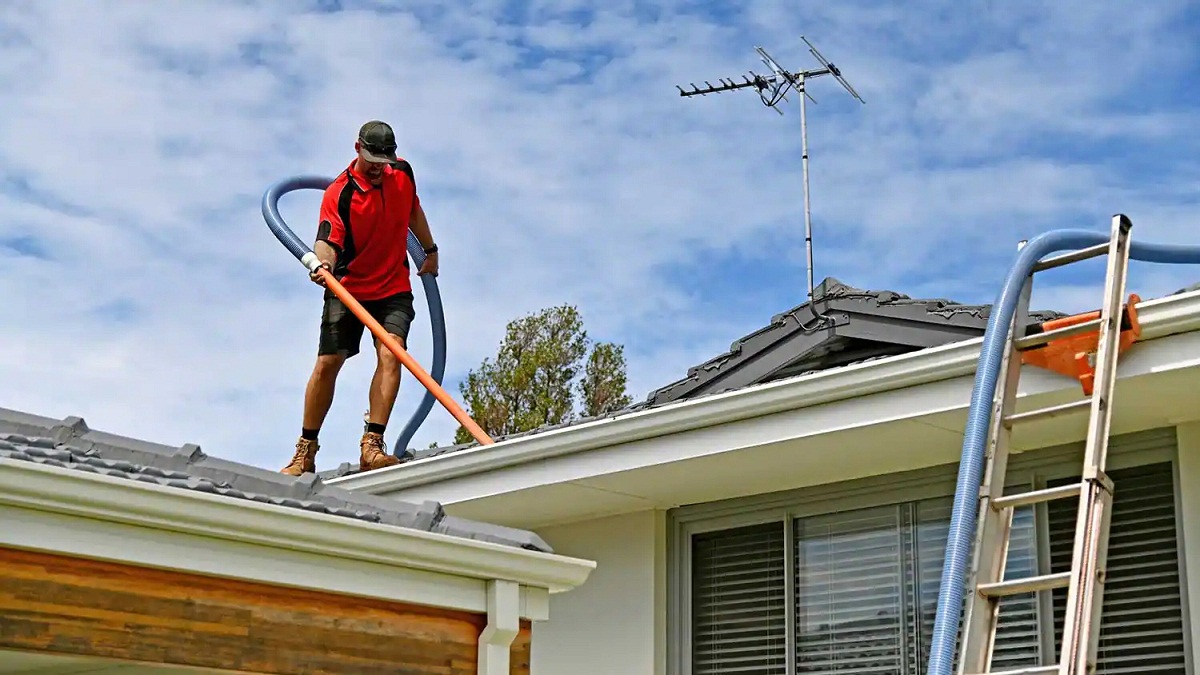
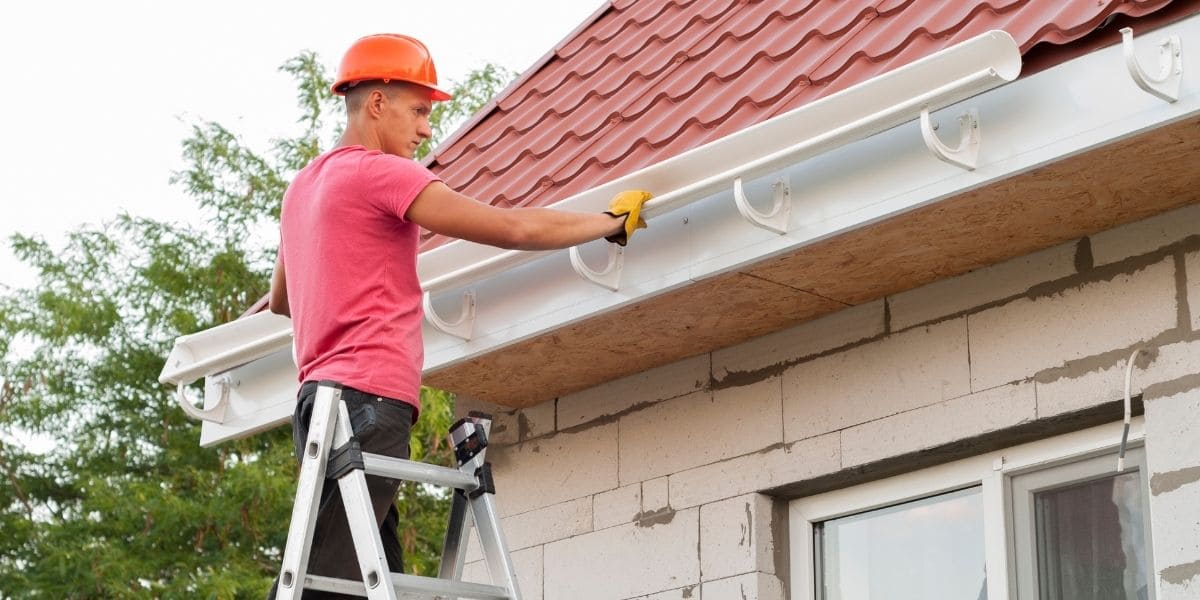
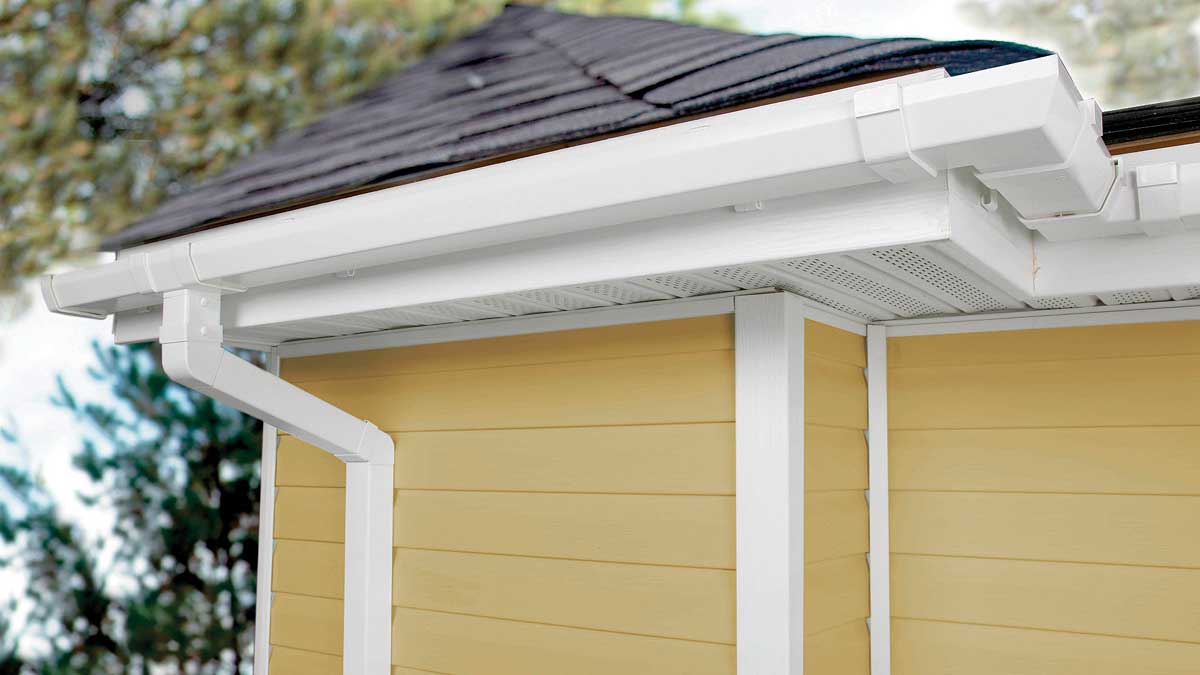
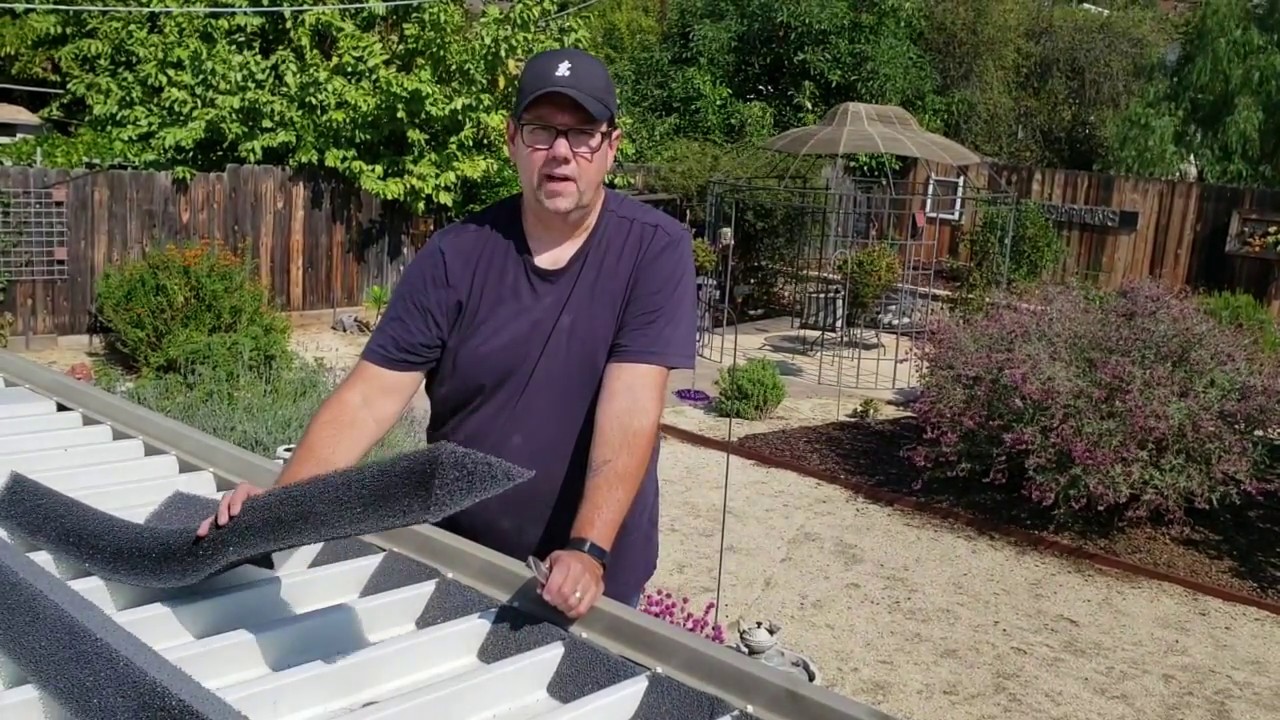
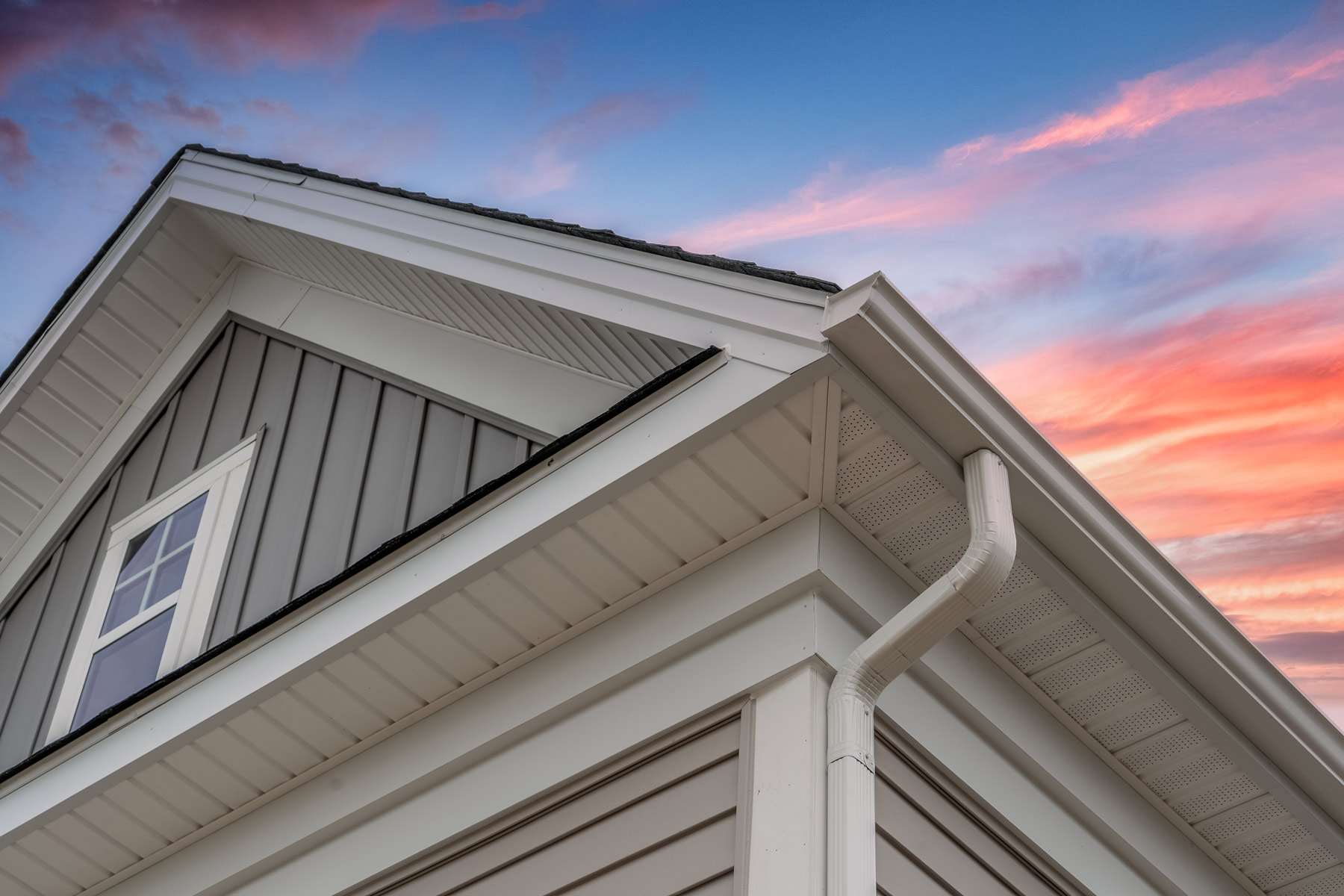
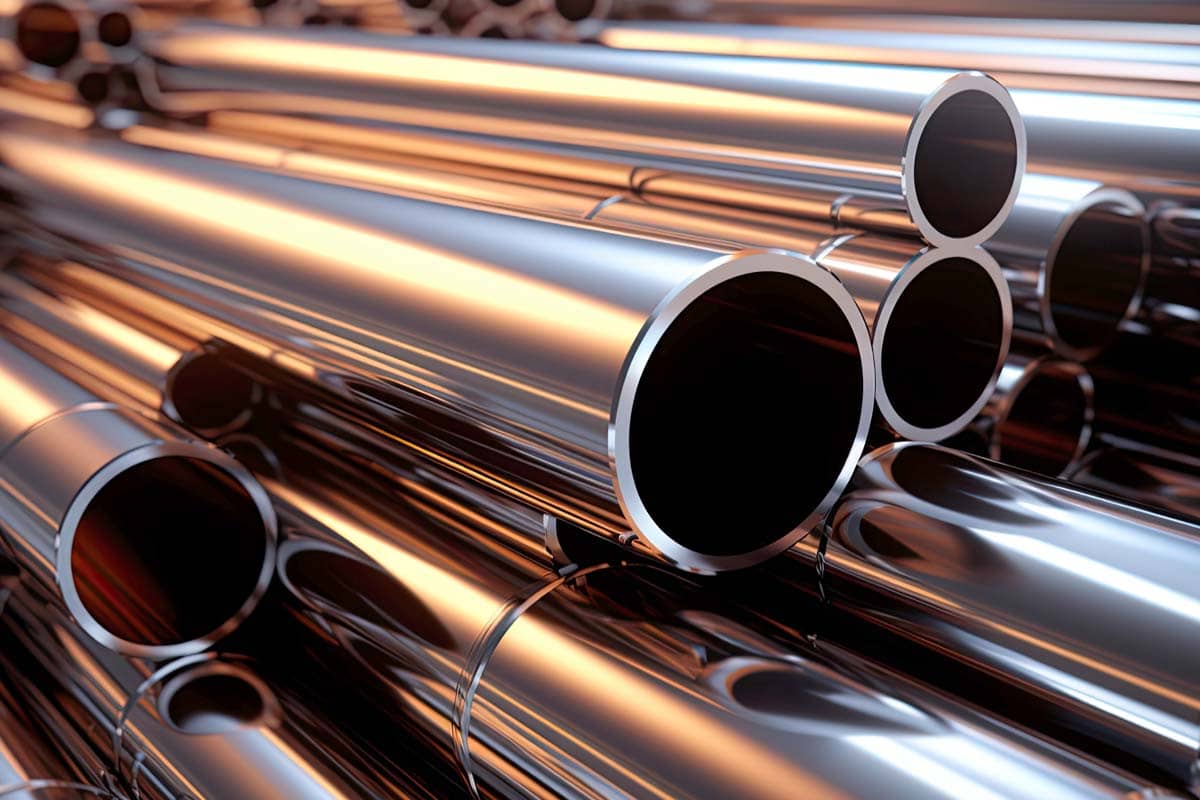
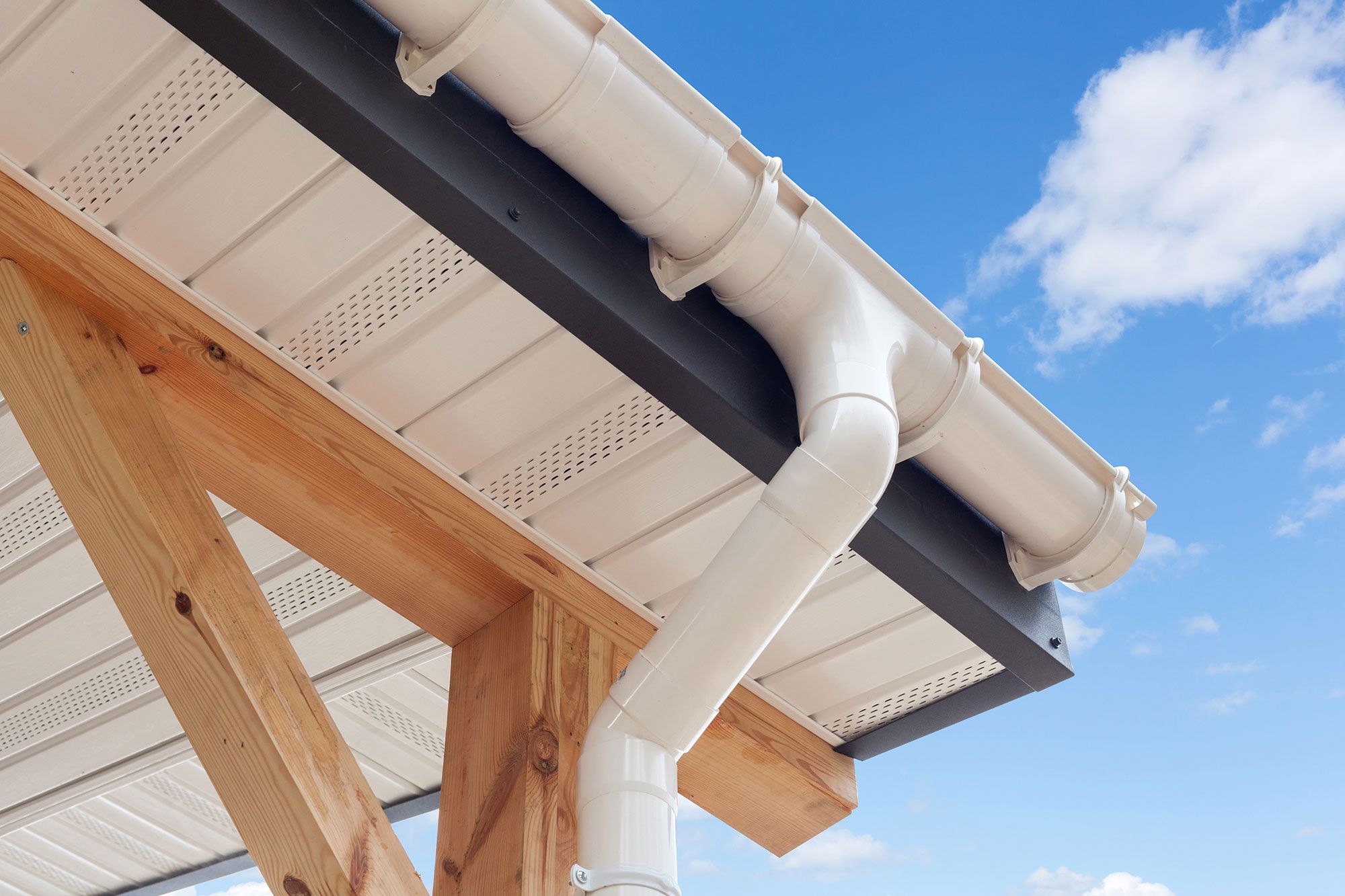
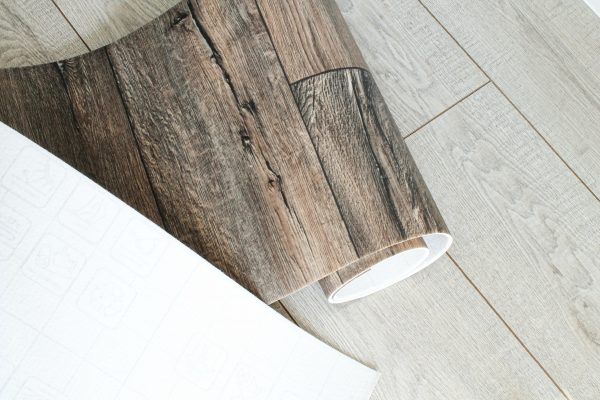

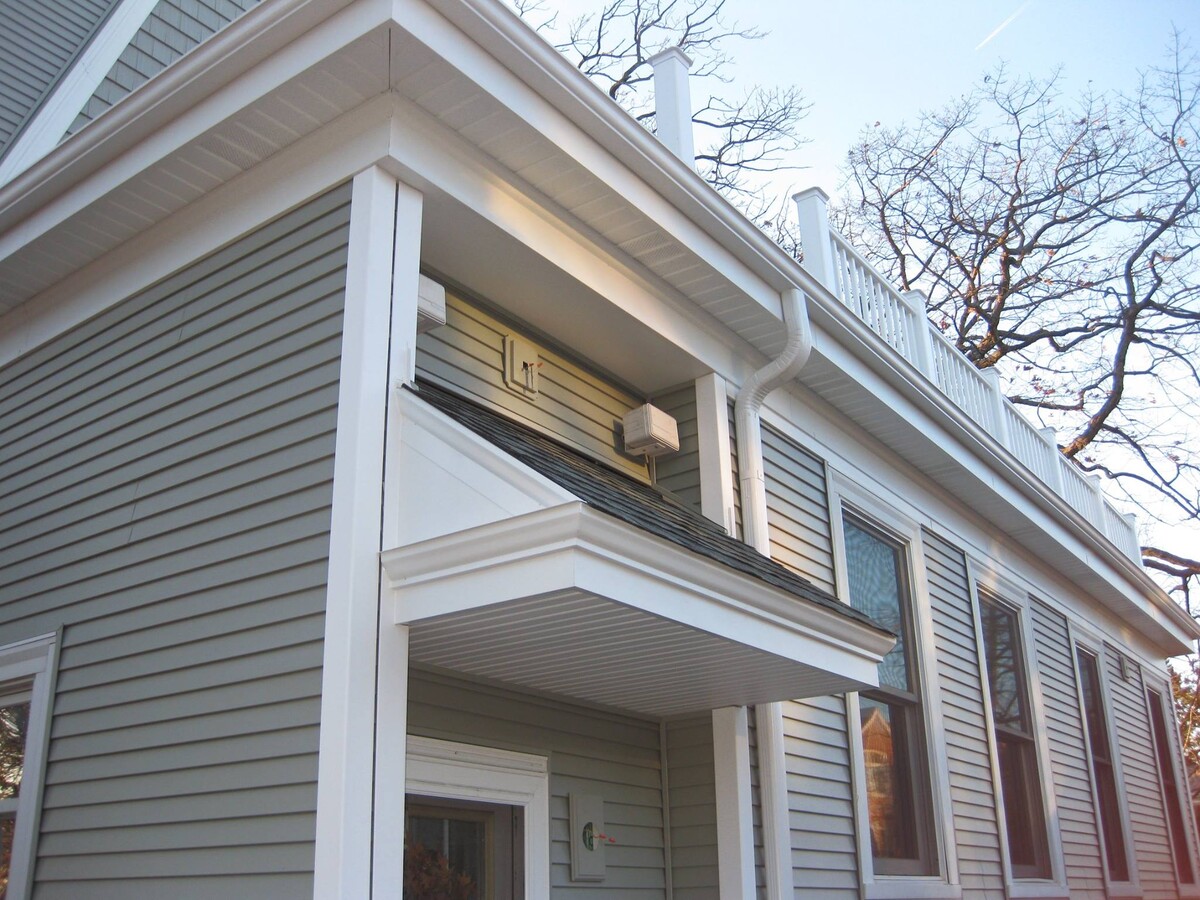
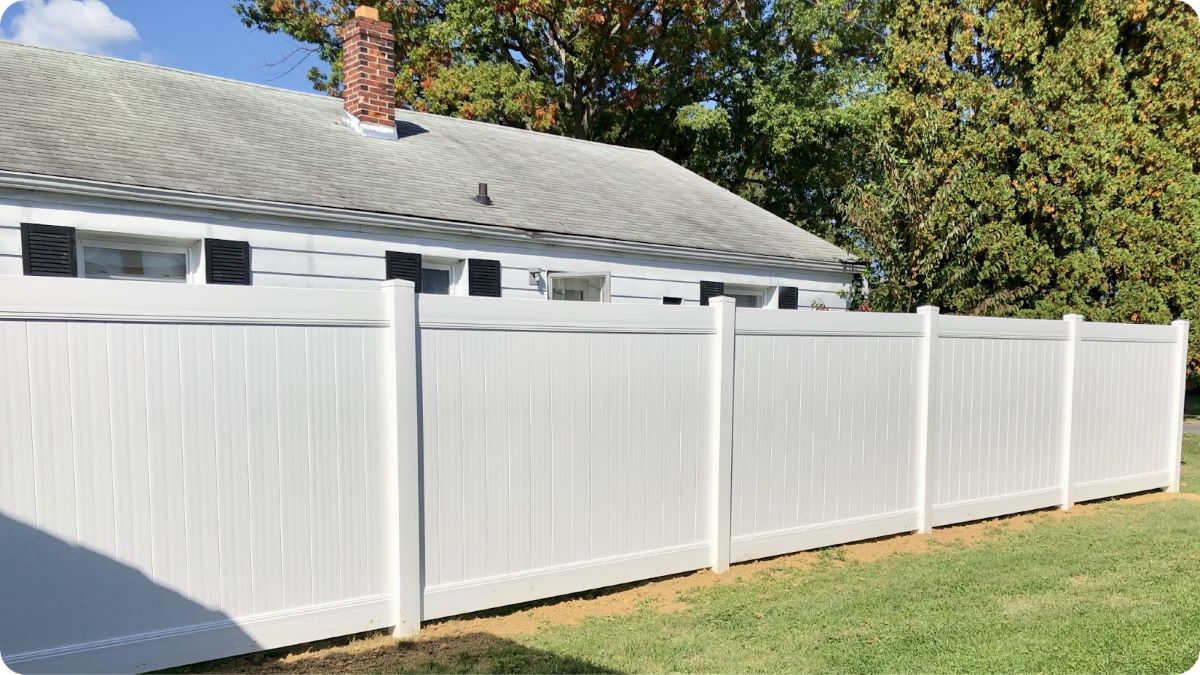
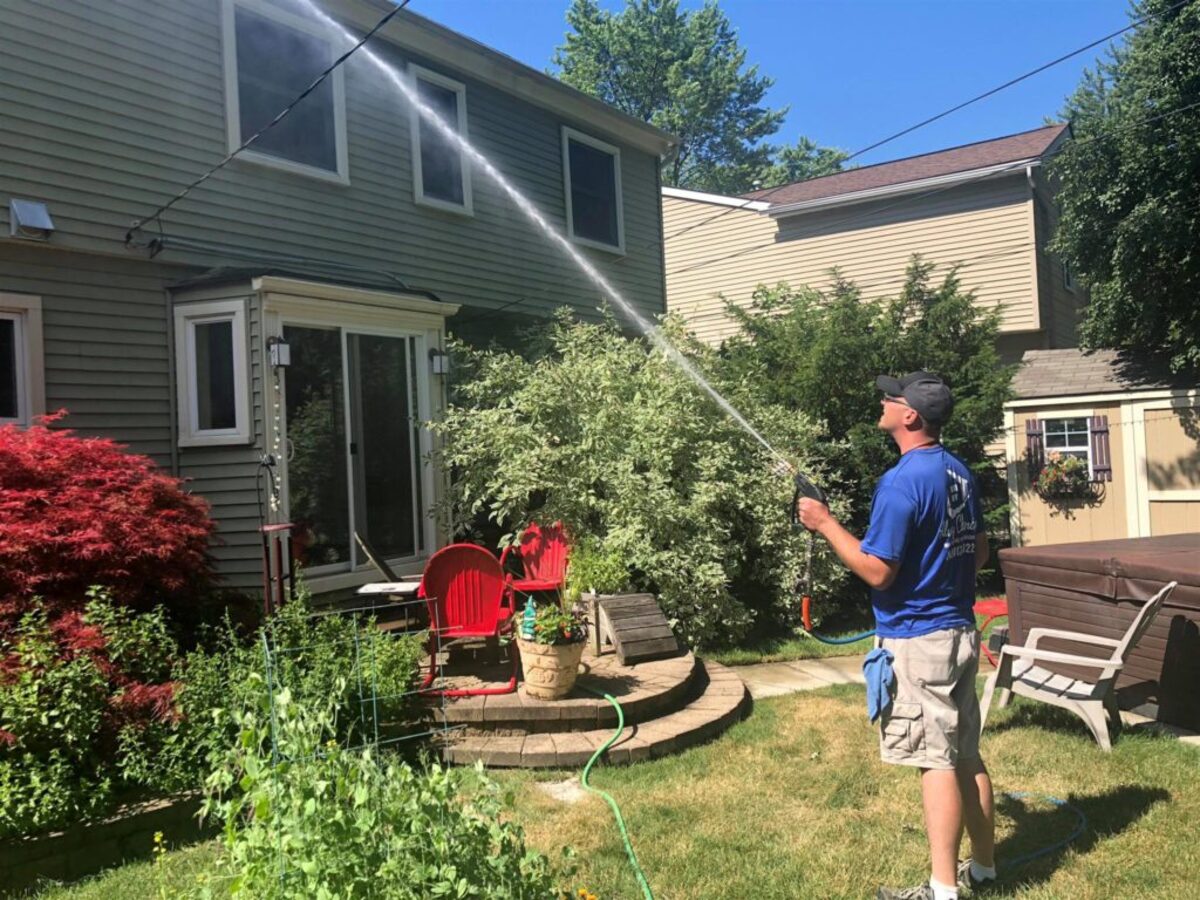


0 thoughts on “What Is Better Vinyl Or Aluminum Gutters?”